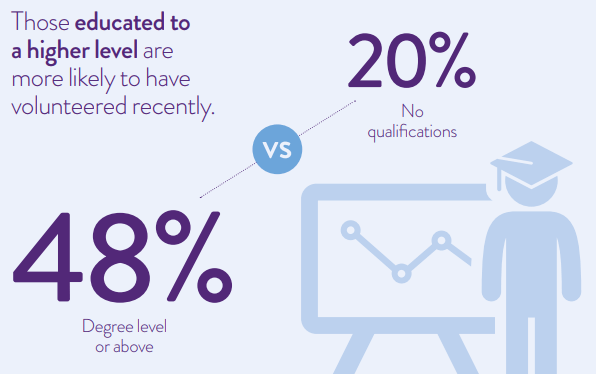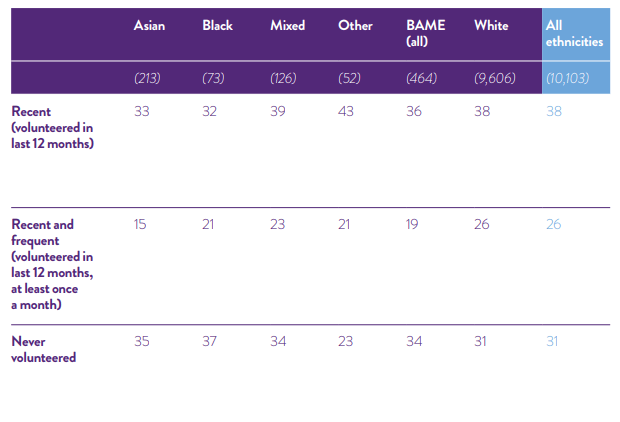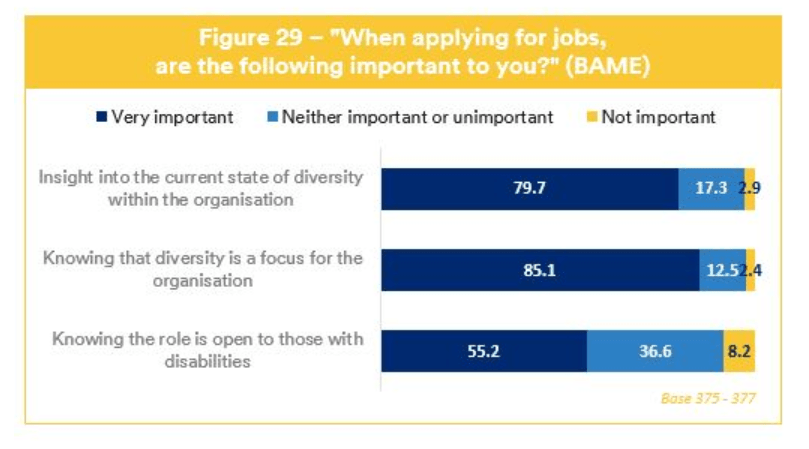TeamKinetic v1.4 will be released on November 5th, there will be fireworks and parties all across the UK!
1.4 is a big release where we have brought together many requests for new features and also importantly we have made big steps towards unifying the interface to create a consistent experience everywhere.
1.4 will probably be our last new feature focus release for a good while. The next few releases will be focused on continuing the unifying process, improving the foundations, continuing our accessibility improvements and tidying all those loose ends up.
So head over to our Beta site and login with your regular administrator details to take our next version for a spin.
New Feature Highlights
Customising Automated Emails
We have added a brand new email editor so that you can customise over 30 of the TeamKinetic automated emails.

New Searching for Volunteers, Providers and Opportunities
Completely rewritten search pages for volunteers, providers and opportunities. Much clearer and cleaner layout with row and bulk actions, paging, and filters.

Search for Volunteers by Custom Field
Custom fields are included in the filters, so you can filter and search for volunteers by all the profile and registration fields you have added.
Ability to Customise Your Genders & Ethnicities
Add, remove,re-order and re-map your gender and ethnicity results. These custom lists will also be reflected in the reports and downloads.

Collect ‘other’ Ethnicity and Gender
If registering volunteers select OTHER from the gender or ethnicity list they will be presented with a text box where they can enter their self identified gender or ethnicity.
You can use the new custom gender and ethnicity management shown above, to view, add and map these other entries.
Trusted Providers
Providers can now be marked as TRUSTED, this means that they will have additional privileges including:
- Ability to add ANY volunteer to their opportunities (not just the providers limited cohort of volunteers).
- Only allow trusted providers to create opportunities which require CRIMINAL RECORD checks.
- Trusted provider opportunities can be auto-authorised.
Set Maximum Volunteers PER SESSION
When creating or editing opportunities you are now able to set a maximum volunteer limit on each session independently. When creating repeating opportunities each session will default to the same maximum but you can then adjust these session by session if required.
Define Time Gaps Between Sessions
Need to define a minimum gap between session that a volunteer can join? Now you can!
If you are hosting an event you may want to enforce a time limit gap to prevent a volunteer joining two opportunity sessions with not enough time to get from one to the other. You can now define the allowable time gap between these sessions. For example, if you define 30 minutes then a volunteer will not be able to join a session that ends at 1:00 pm AND a session that starts at 1:15 pm.
Improve Page Layouts
- Courses page
- Find Volunteers Page
- Find Providers Page
- Find Opportunities Listing Page
Parental Consent Phone Number
When a volunteer registers who requires parental consent, it asks for their parents email and in addition for their parents contact number. This information is held against the volunteers profile so the parents can be contacted by telephone if required.
Inviting Volunteers
Administrators and providers can now invite volunteers to your system from their main menu. Volunteers are invited by entering their email address OR uploading a list of email addresses.
Administrators can see the list of all invited volunteers and we have also improved the messaging you receive when duplicates are added.
Volunteer & Provider Downloads Include Custom Fields
When you export your volunteer or provider data it now includes any custom fields.
Volunteer Note Improvements
Providers can now record private notes on their volunteers. These can be used for recording conversations or additional information related to the volunteers personal needs.
Both administrators and providers can now add and remove discrete dated notes creating a history and audit trail for notes.
Improved Interface For Uploading Images
There is now the ability to move and crop images when uploading them to either the front page, providers profile page or the events page.
Registration Captcha Updated To Simpler System
The Google Captcha v2 (the image picking one) has now been thoroughly defeated, which means we are making it harder for people to register but not any harder for robots, so we have removed it.
We now protect your applications from bogus registrations with a number of discreet features that will not get in the way of your volunteers registering.
Improved Interface For Applicants
We have added some notification reminders and visual clues if an opportunity has unprocessed applicants.
If there are any applicants that have not yet received a decision your home page will list them and if you manage the opportunity, the applicant tab will be highlighted and a notification appears in the summary area.

In addition we have improved the default email that is sent to providers when a new application is received to help clarify that difference between an application and a joining event.
Creating Quick Opportunities
The new opportunity screen can be daunting for new users and for those providers that have little or no training. It also assumes that providers wish to manage the entire volunteering life-cycle within TeamKinetic, which is not always the case.
We have added the option when creating a new opportunity to choose a quick opp. This gives a much reduced option list to the provider and allows them to quickly create an open ended flexible opportunity that starts as soon as it is authorised.

Combined Linked Volunteers and Volunteers Searching
Providers can now search for both their active volunteers and linked volunteers from the same search page. They can unlink volunteers directly from the search results and no longer need the separate linked volunteers page.
Pause Emails means PAUSE EMAILS, but not Brexit!
We have changed the pause emails button to pause all emails including when a volunteer is removed from the opportunity or session. When completely removing a volunteer you are given the option of sending the removal email.
Simpler Interface for OWED HOURS
If you have a volunteer who has done some volunteering outside of your system it is now easier than ever to record those hours within you system.
Always Accessible Super Admin Menu
The Super Admin menu is now located on the top right of your screen making it faster for the user to access.

Providers See More About Their Volunteers
We have increased the amount of information that a provider can see on volunteers who join their opportunities, this should help them in identifying who is best suited to particular roles. (NOTE: This also includes external volunteers).
Improved Interface When Copying Opportunities
We have changed the way you copy opportunities, you are now asked ‘what the new start date is?’ and the system will move all associated sessions accordingly.
Adjust The Size Of Your Logo
You can now adjust the displayed height of your logo when uploading.





































